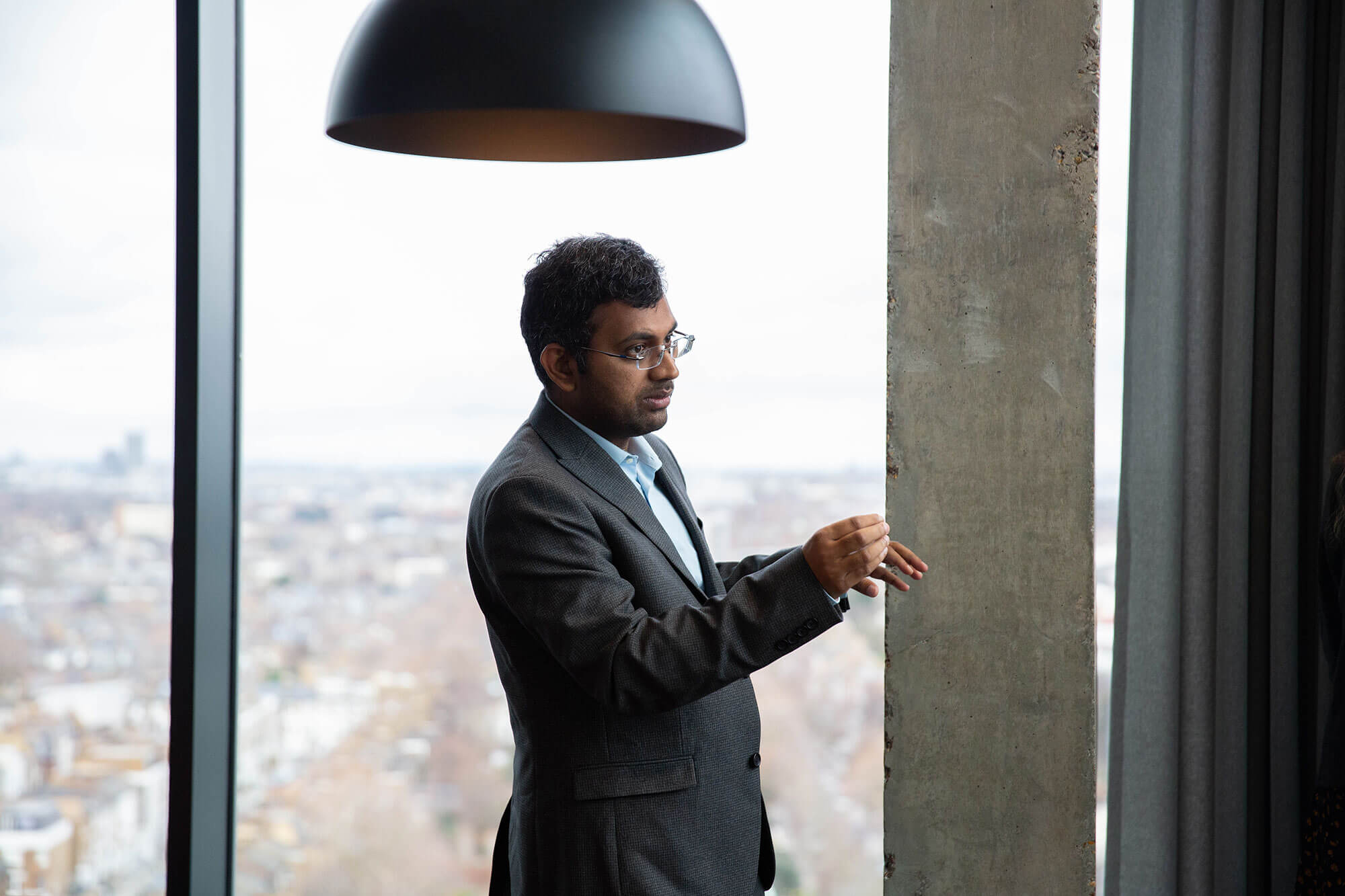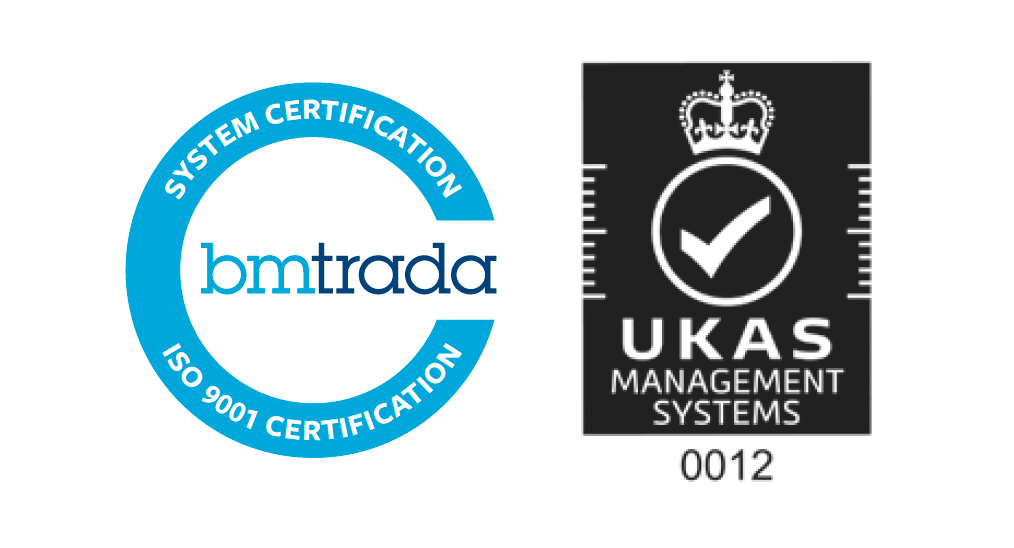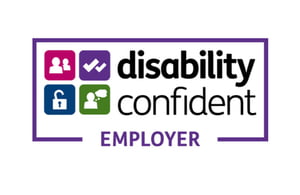The NHS in England faces a huge challenge in meeting the needs of 4.7 million people waiting for hospital treatment. Almost 400,000 of these people have now being waiting for more than a year, the highest number in over thirteen years. Hardly surprising therefore that the prime minister is chairing a Cabinet Committee overseeing NHS performance and that a delivery unit has been set up in No.10 to support ministers in this task.
NHS England hopes that learning from the Getting it Right First Time (GIRFT) programme will enable rapid progress to be made in reducing waiting for treatment. The aim of the programme is to reduce unwarranted variations in care by promoting the widespread adoption of best clinical practice. From an initial focus on orthopaedic surgery, its scope has widened to encompass a number of medical and surgical specialties under the leadership of respected clinicians.
GIRFT was established in 2015 but its work has attracted renewed attention because it has the potential to transform the delivery of elective care across the NHS. At its core is the belief that care delivered in line with standardised pathways results in substantial gains in productivity and outcomes, for example through increases in day surgery, improved use of operating theatres, and reduced complication rates.
If this potential is to be realised, three barriers have to be overcome. The first is the willingness of NHS staff to change how they work by adopting the GIRFT principles. Those involved are confident that staff can be won over because of progress already made in many hospitals and the leadership provided by expert clinicians in developing standardised pathways, although the toll taken by Covid on staff health and wellbeing should not be underestimated.
The second barrier is that the capacity needed to improve elective care will be used for other purposes if Covid pressures return. One way of overcoming this is to create fast track surgical hubs specialising in elective work and more radically to earmark some hospitals as exempt from Covid work. These approaches were used with some success in London in the summer and autumn of 2020 when Covid abated but it is not yet clear how they can be adopted in areas of the country with fewer hospitals and more dispersed populations.
The third barrier is that rising unplanned hospital admissions in the winter months will put a brake on elective recovery. If this is to be avoided, the laser like focus now being applied to elective care needs to be extended to unplanned care as part of a whole system approach to transformation. This means working even harder to reduce avoidable admissions, enable timely discharge following hospital treatment, and invest in services outside hospitals that facilitate this way of working.
A programme of this kind – let’s call it GIRFT plus – would be a way of engaging all parts of the NHS as well as social care in tackling the challenges that lie ahead. It would also align with the emphasis now being placed on organisations and teams working in partnership to improve patient care and outcomes. Mutual aid played a vital role in the response to Covid and can do the same during recovery.



